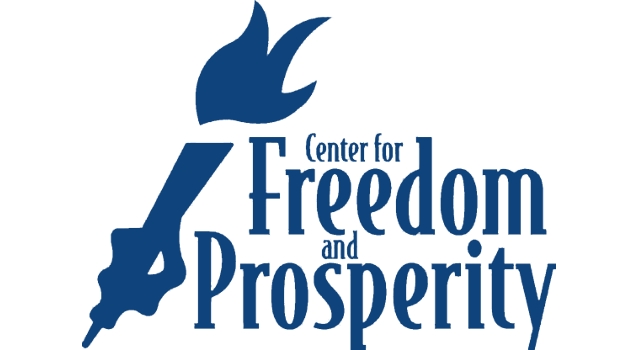I expressed pessimism a few days ago about the possibility of replacing the corrupt internal revenue code with a flat tax. Either now or in the future.
But that’s an exception to my general feeling that we’re moving in the right direction on public policy. I’ve shared a list of reasons to be optimistic, even on issues such as Obamacare and the Laffer Curve.
Education is another area where we should be hopeful. Simply stated, it’s increasingly difficult for defenders of the status quo to rationalize pouring more money into the failed government education monopoly. To paraphrase Winston Churchill, never has so much been spent so recklessly with such meager results.
That’s true regardless of whether Democrats are throwing good money after bad or whether Republicans are throwing good money after bad.
Fortunately, a growing number of people are realizing that the answer is markets and competition. That’s one of the reasons why we’re seeing progress all over the country. Policy makers have implemented varying degrees of school choice in states such as Indiana, Louisiana, Wisconsin, Colorado, Florida, Arizona, and even California.
Is this having a positive impact on educational outcomes and other key variables? The answer, not surprisingly, is yes.
Here are some of the details from a new study published by the Friedman Foundation for Educational Choice.
This report surveys the empirical research on school choice. …the empirical evidence consistently shows that choice improves academic outcomes for participants and public schools, saves taxpayer money, moves students into more integrated classrooms, and strengthens the shared civic values and practices essential to American democracy.
The data on academic outcomes surely is the most important bit of information, so let’s specifically review those findings.
Twelve empirical studies have examined academic outcomes for school choice participants using random assignment, the “gold standard” of social science. Of these, 11 find that choice improves student outcomes—six that all students benefit and five that some benefit and some are not affected. One study finds no visible impact. No empirical study has found a negative impact.
And since I want to reduce the burden of government spending, let’s see whether school choice is good news for taxpayers.
Six empirical studies have examined school choice’s fiscal impact on taxpayers. All six find that school choice saves money for taxpayers. No empirical study has found a negative fiscal impact.
Here’s the breakdown of the studies for all the variables.

As you can see, it’s a slam dunk, much as a survey of tax research found that nearly 90 percent of academic studies concluded that class-warfare tax policy is destructive.
Some of the tax research was inconclusive, but not a single study supported the notion that higher tax rates are good for growth, much as this new research from the Friedman Foundation didn’t uncover a single study that found negative results from school choice.
So with lots of positive research and no negative research, why would anybody oppose school choice? Unfortunately, politicians like Barack Obama and groups such as the NAACP side with teacher unions, putting political power ahead of progress and opportunity for kids.
P.S. Here’s a video explaining why school choice is better than a government-run monopoly.
P.P.S. There’s also strong evidence for school choice from nations such as Sweden, Chile, and the Netherlands.


